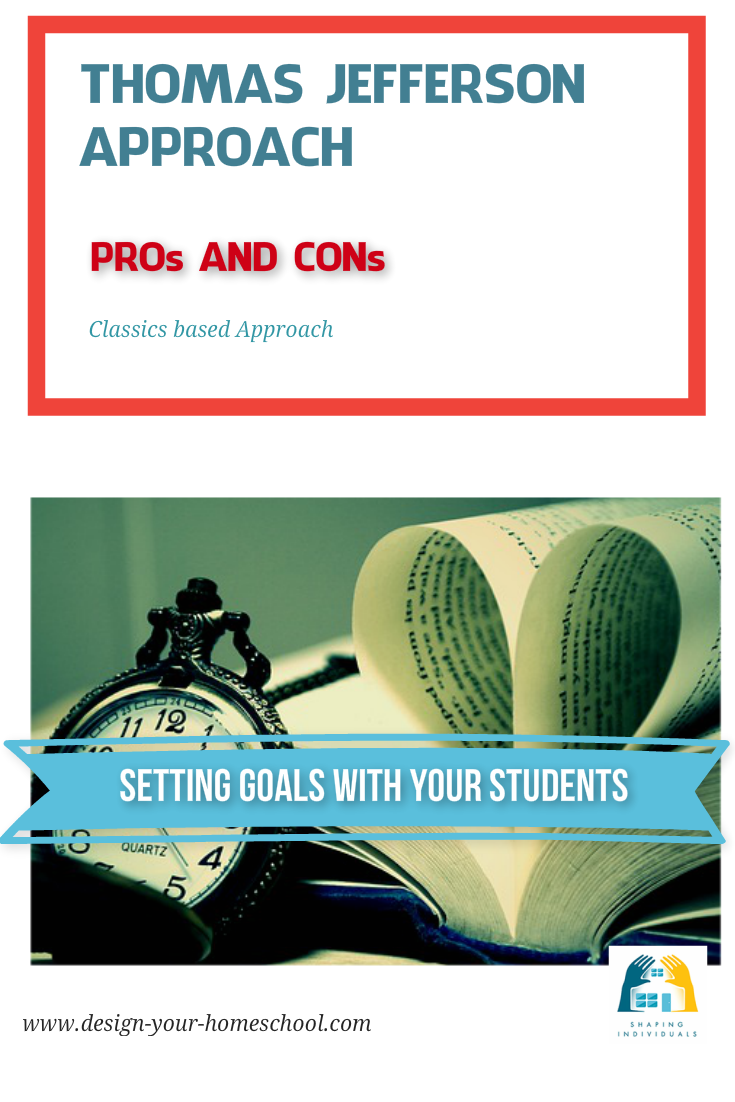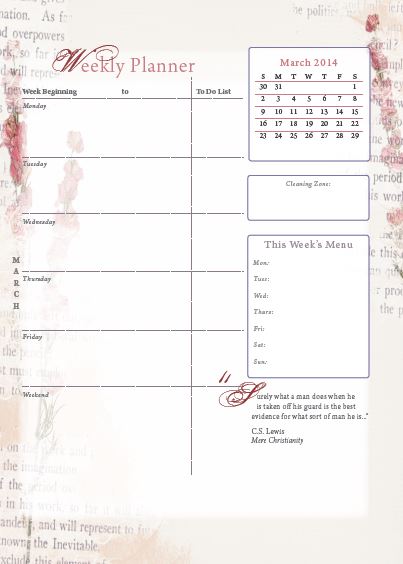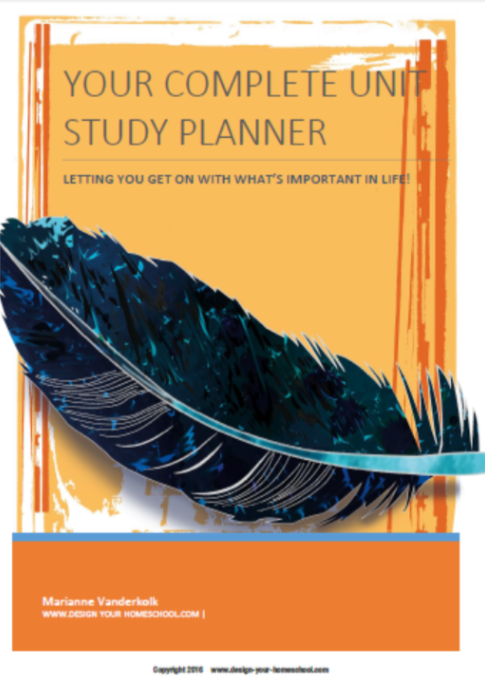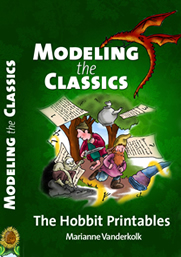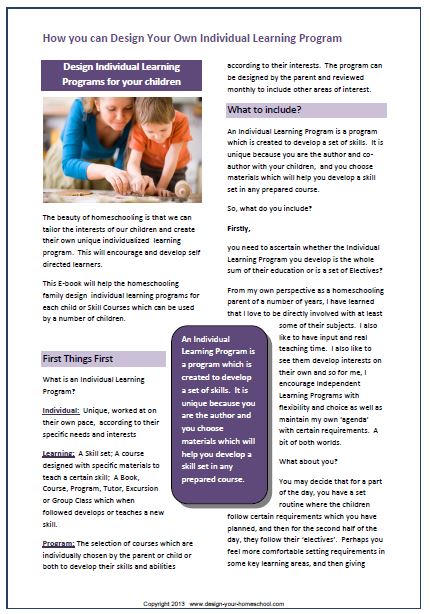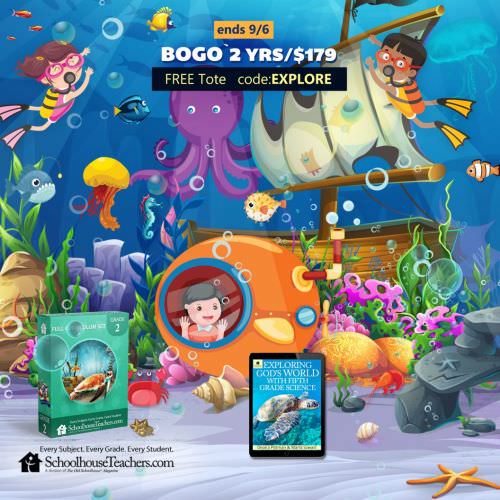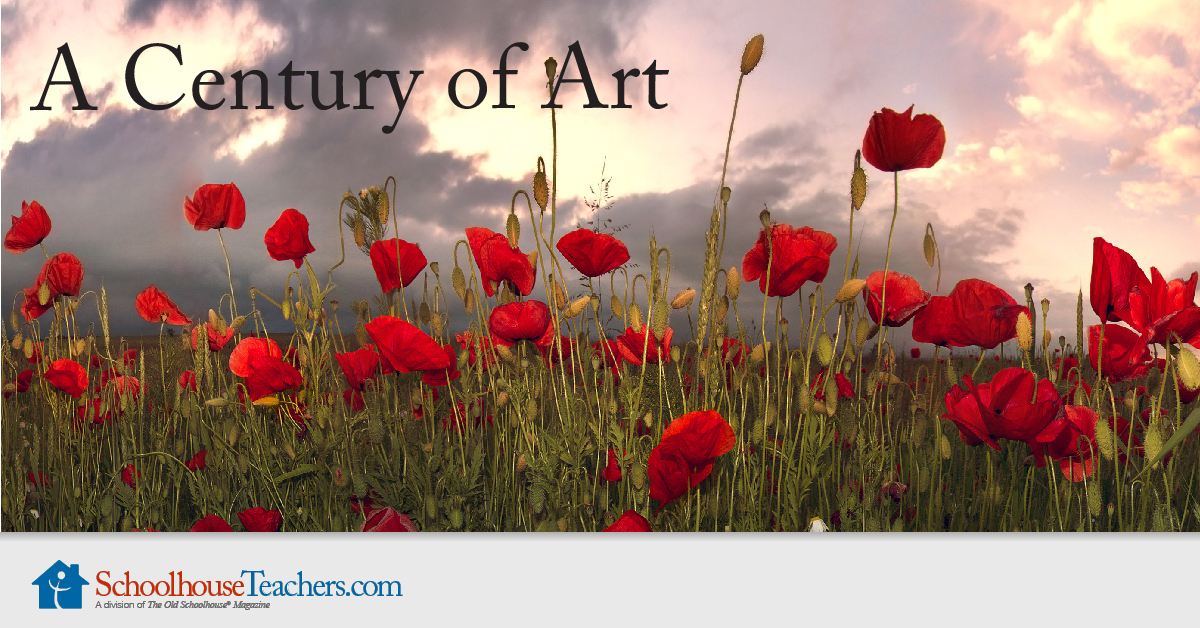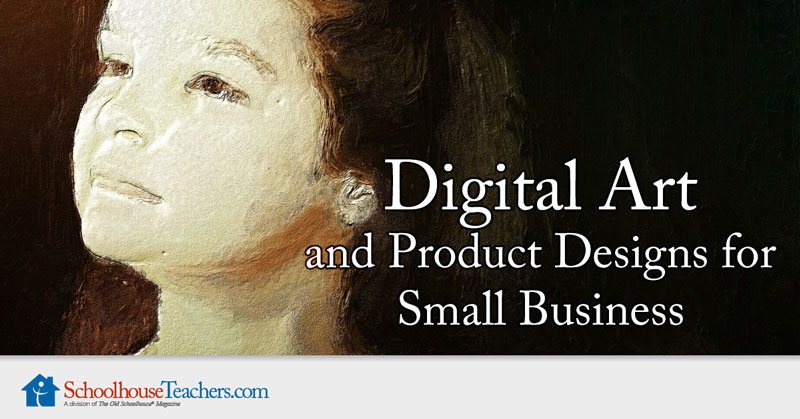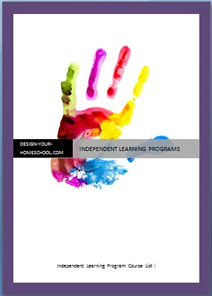A Thomas Jefferson Education
Will a Thomas Jefferson Education Approach suit your homeschool family? How can it be done and what are the goals?
The Thomas Jefferson Education Approach is Individualized Leadership Education. This approach has been named by Oliver DeMille whose book describes a classics-based educational approach which Thomas Jefferson received through the mentoring of George Wythe. He titled his book, "A Thomas Jefferson Education; Teaching a Generation of Leaders for the Twenty First Century."
Through his research, the author, Dr DeMille, found that great leaders throughout time had very similar educational experiences. "From Lincoln, Jefferson and Washington to Gandhi, Newton and John Locke, to Abigail Adams, Mother Theresa and Joan of Arc - great men and women of history studied other great men and women." What are the educational experiences they all share?
Leadership Education is based on...
"Whatever the culture, look at its great leaders and you will almost always find that they were guided by at least one outstanding mentor and made a lifetime study of classic works." (p37)
"Wherever the student sits to study at public or private school, or at home, leadership education is based on several powerful traditions:
- student driven learning,
- great teachers,
- mentors,
- classics and
- hard work.
Together these form the tradition of leadership education, which I call a Thomas Jefferson Education, a tradition which is sorely needed in modern America." (A Thomas Jefferson Education, p24)
Teachers Teach, Students Educate
Dr DeMille has concluded after several years of mentors and classics and after teaching and mentoring at George Wythe College for more than ten years, that all education boils down to two things:
- The students putting in the hard work to educate themselves
- The teacher getting the student started and helping him to keep going.
Getting an education is the job of the student and getting an education is a difficult job! It takes time and hard work - by the student, who is guided and mentored by teachers or parents and by the classics.
Three Systems of Schooling
In history, Dr DeMille says, there have been three major types of schooling:
- Conveyor Belt Education - this tries to prepare everyone for a job, any job, by teaching them what to think.
- Professional Education - this creates specialists in fields of knowledge from medicine to law, to trade schools - by teaching them when to think.
- Leadership Education - teaches the student how to think and prepares them to be leaders in their homes, communities, entrepreneurs and statesmen.
The purpose of leadership education is
- to train thinkers, leaders, entrepreneurs and statesmen to do the right thing and do it well in all areas of life;
- to perpetuate freedom;
- to know how to think.
A society which has all systems working together will benefit.
"The fundamental difference between leadership education and other types of learning, is that leadership curriculum is individualized."
(A Thomas Jefferson Education by Oliver Van DeMille, p31)
Thomas Jefferson's own education was individualized. Read more about his formal education at the Thomas Jefferson Foundation website.
The Phases of A Thomas Jefferson Education
The phases of this individualized learning underpin this education and Oliver De Mille, in his research, has identified this pattern in the lives of many learned, great men and women in history. These phases are defined and discussed more fully in their book on Phases of Learning.
Here is a summary of the stages:
Core Phase: (0-8yrs)
This is the foundational phase - where in the context of work and play, children define their concept of self, family and the beginnings of their worldview. A child at this stage will play at and practice learning in the natural context of life. It is a time to provide a rich learning environment, in which the child interacts with and enjoys all things. It is a time to teach the lessons of right/wrong, good/bad, true/false. It is not the time to acquire or polish scholarly skills.
Love of Learning Phase: (8-12yrs)
During this phase, the child will continue to explore their world, their interests, their skills by following their own interests. The time devoted to learning will gradually increase over these years. The child is obliged to be involved in the running of the home, chores, developing good habits and obeying family rules etc, but through the modeling of study set by parents and older siblings, the child will pursue their own interests.
This is also the time to teach a number of life skills. In A Thomas Jefferson Education Home Companion, by Oliver and Rachel de Mille and Diann Jeppson, the authors talk about how they set up Skills Classes into which their children can enrol. The classes can be as varied as you like, and are important life skills such as cooking, baking, sewing, car maintenance, and so on.
The family may set up or participate in Book Discussion Groups or other "Mom Schools" - classes which are set up for specific purposes which Mum usually runs and plans, and then opens it to other families to join in. It is a good time for clubs, discussion groups, groups which meet to cover a specific theme/ aim/ purpose in mind.
Some groups mentioned in The Home Companion are :
Scholar Phase: (12-16yrs)
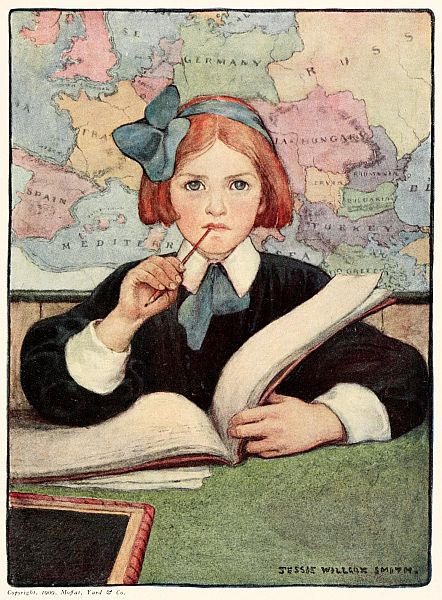
The time the young adult studies in this phase will be lengthened during the scholar phase. The child's chore responsibilities can be changed to reflect the change into longer, uninterrupted study periods. Once again, the child is inspired to set their monthly goals, plan each day and pursue their own interests.
Most of the adult skills should already be taught by this time.
The child will continue to have monthly meetings with the mentor/parent in which goals are set, books are decided upon.
In the Companion written by Oliver and Rachel de Mille and Diann Jeppson, the authors mention that in this time period, the scholar may be asked to study certain topics based on each particular family's goals and decisions. The student would continue to set his/her own course of work, and also pursue daily study in two areas over a four month period. After this four month period, the student would write a lengthy report based on their daily studies of this topic.
Depth Phase: (16-22yrs)
At this time, the student is usually seeking a college which studies the classics and uses the individual mentored approach to further their education.
Seven Keys of Great Teaching
Through intensive research, reading and studying how George Whythe mentored Jefferson, Oliver de Mille found Seven Keys of Great Teaching which form the core of great mentoring. In brief, they are as follows:
- Classics not Textbooks
I quote from the author, "The classics, by introducing the young mind to the greatest achievements of mankind and the spiritual teachings of inspired individuals, prepare childrento become successful human beings, parents and leaders in their own time." (A Thomas Jefferson Education, p40) - Mentors, not Professors
A mentor is one who helps each student develop an individualized program to achieve their personal goals. - Inspire, Not Require
"Force in learning kills the spirit, dampens the passion and destroys the zest and life of learning. Force trains followers not leaders. " (p42) The author lists some negative lessons we teach our children when we force them to complete a lesson. I found this very interesting. For example, Oliver de Mille says "Learning means pleasing the authority figure" and "To be a good student I have to study somebody else's interests" and "My own interests must be pursued on my own time, and they aren't as valuable as the 'accepted' topics of study." There are more negative lessons of force and as I read these, I could understand how children gain a perception of what learning is and how valid their own interests are.
Inspiring them in the pursuit of their own education however teaches them, "I can learn on my own, in a group, or with help from a teacher or parent." or "My thoughts and ideas are as valuable as anybody else's." - Structure Time, not Content
We need time to be educated, but under this educational process, we structure amounts of time, not what will be done between 9.00-9.30a.m. "For example, if you set aside five hours a day, five days a week most of the year, with occasional interruptions for activities or trips, and consistently do school during this period, most students will have time to obtain a quality education. For younger children it will be less and for advanced students it will likely be more." (p45)
The important thing to remember here is to structure the amount of time - not the content (see point 3: Inspire, Not Require.) - Quality, Not Conformity
With personalized mentoring, we need to expect great work. A tutor or a coach will always require quality and expect work to be done again and again. Think of athletes, dancers, musicians..... practice makes perfect. However, we are talking about more mature students usually at least 12 years and older, not toddlers and children. - Simplicity, Not Complexity
How true is that! We tend to complicate education with outcome statements for every tiny goal, and learning requirements that make us tired by just reading them. How do we keep it simple? Read, Write, do Projects and Discuss! - You, Not Them
Now, this is a challenge to parents! We need to set the example of life-long learners, not task masters.
Also described in A Thomas Jefferson Education, are the five environments of Mentoring: Tutorial, Group Discussion, Lecture, Testing and Coaching and discusses how to teach each subject area. Teach History by reading biographies and the historians; Teach Math by reading great mathematical clasics of history (Euclid, Newton) and current thinkers; and so on.
The Appendix lists 100 Classics, Classics for Children and Youth; Sample Discussion Questions; Putting A Thomas Jefferson Education to Work and more helpful information.
A Thomas Jefferson Education is based on principles as outlined above. What do I see as the weaknesses and strengths of a Thomas Jefferson Education?
Strengths:
- Education is driven by the child - so the interest is maintained.
- Allows for individual differences
- Allows a child freedom to develop on their timing
- Allows a child to explore and take time to find their field of interest
- Reading of great books
- Classics driven
- Discussion oriented
- Builds close parent/child relationships.
- Parents model learning
- Parents enjoy a wonderful education.
- Parents are actively involved in the education of the child - encouraging, suggesting, inspiring, discussing, teaching ..
- Build a wonderful library of classics and resources.
- Avoids burnout for the parent. No need to "create" unit studies or artificially excite learning. Instead, the onus is on the student pursuing his/her education.
Weaknesses:
- Requires parents to model their own real education (?is this bad?)
- Individual programs for each child (time?)
- Parents need to be able to discuss the classics etc - so means they can't just use a "cheat sheet" or answers at the back of the book.
- Parents can feel like it is out of their control.
- Parents need to take a step back and not insist on their "curriculum" to be studied.
- Parents may worry about "Will he ever ask to do Math?" etc
- Parents may worry about gaps.
Where to from here?
- Create your own individual self directed learning programs
- Any Comments? Add your thoughts here.
- Back to Approaches
- Find out how you can design A Thomas Jefferson Education to suit your family?
